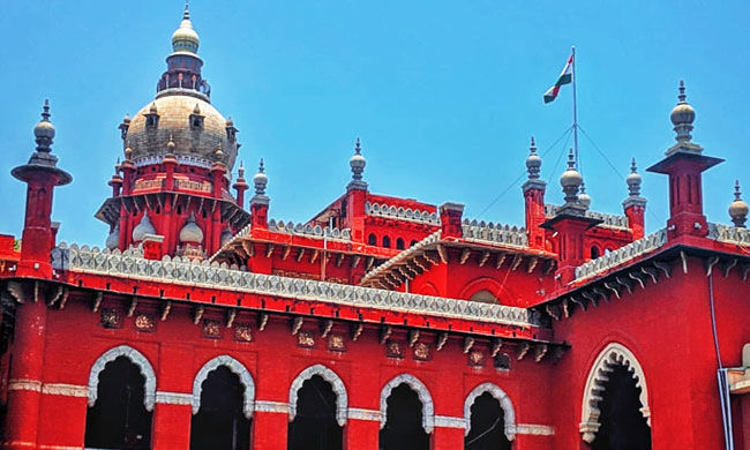ITC Wrongfully Availed But No Fraud/Misstatement Proven; Madras High Court Imposes Token Penalty
Mariya Paliwala
21 Jun 2024 12:40 PM IST

Next Story
21 Jun 2024 12:40 PM IST
The Madras High Court has imposed a token penalty of Rs. 10,000 on the assessee instead of a higher penalty as the assessee wrongfully availed of the input tax credit (ITC), but the department could not prove fraud or misstatement on the part of the assessee.The bench of Justice C. Saravanan has observed that the assessee reversed the ITC. Penalties under Section 74 deal with situations...
